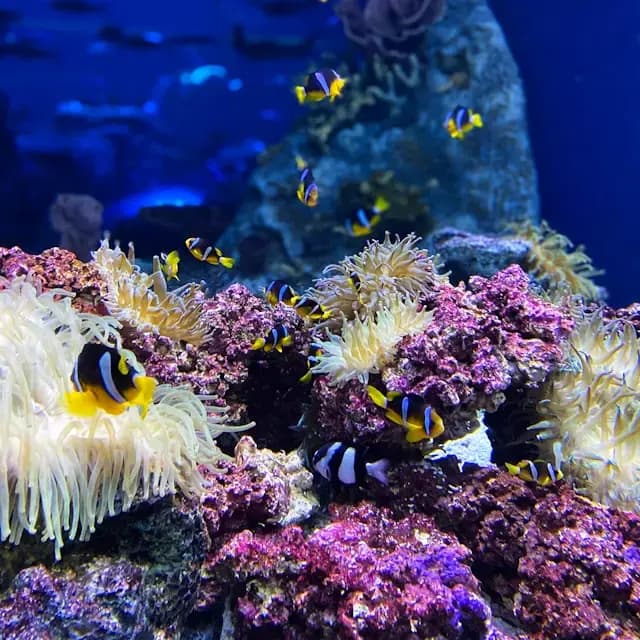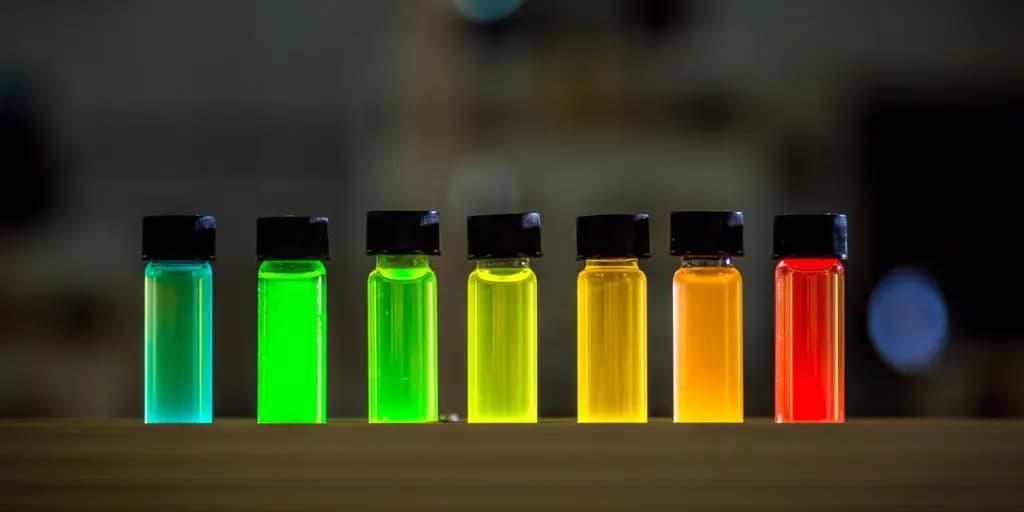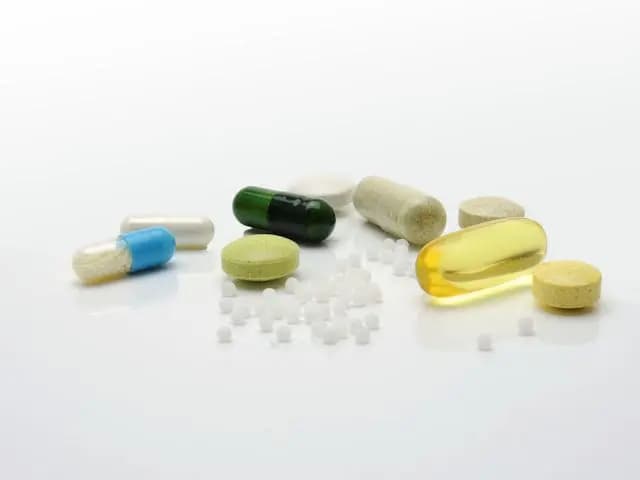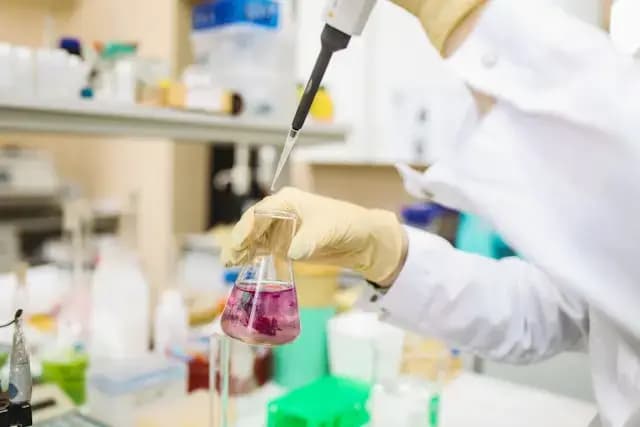Colonoscopy screenings, a routine procedure for over 20 million Americans annually, play a pivotal role in preventing colon cancer by enabling the removal of large polyps. Despite its benefits, the procedure is not without risks, particularly the threat of gastrointestinal bleeding during and post-surgery. Addressing this challenge, MIT researchers have introduced GastroShield, a groundbreaking gel capable of forming a durable, flexible barrier over surgical sites. Sprayed through an endoscope, this gel significantly mitigates the risk of delayed bleeding and fortifies tissue integrity.
Natalie Artzi, a principal research scientist at MIT and a key figure behind GastroShield, highlights the gel’s advanced adhesive technology. It’s designed to bond with tissue through a blend of covalent, ionic, and physical interactions, ensuring extended protection against complications. This innovation has been substantiated through animal studies, showing promise for human application, with BioDevek, a company founded by the research team, spearheading its development.
The necessity for GastroShield stems from the limitations of current treatments for polyp removal bleeding. Traditional methods, such as cauterization, often delay healing and lead to further complications. Moreover, the challenge of post-procedure bleeding and the potential for severe infections from intestinal tears underscore the urgent need for more reliable solutions. Existing methods, including metal clips, fall short, especially for larger polyps, highlighting the gap that GastroShield aims to fill.
The development of GastroShield involved rigorous testing to identify a formula that could be easily applied through standard endoscopic tools while instantly forming a strong, flexible gel upon contact with tissue. The chosen formulation combines pluronic polymers and oxidized dextran, creating a gel that adheres effectively to the gastrointestinal lining, offering a “self-healing” property that withstands digestive movements and food passage.
GastroShield’s resilience extends to withstanding the digestive tract’s harsh conditions, safeguarding the healing tissue. This capability was demonstrated in animal tests, where treated subjects showed no signs of complications, and the gel naturally dissipated as wounds healed. The gel’s compatibility with bodily tissues further underscores its potential for broader medical applications, including the treatment of stomach ulcers and the delivery of cancer medications.
Driving GastroShield’s transition from the lab to clinical settings is BioDevek’s commitment to refining the gel for patient use. Its ease of application, requiring no activation or additional triggers, positions GastroShield as a user-friendly option for endoscopic procedures. The support from the National Science Foundation, among others, has been instrumental in propelling this research forward, setting a new standard for minimally invasive surgeries.
The development of GastroShield represents a significant leap forward in enhancing the safety and efficacy of colonoscopies and other gastrointestinal procedures. By addressing the critical issue of post-surgical bleeding and tissue damage, this innovative gel paves the way for simpler, safer, and more reliable medical interventions, promising a brighter future for patient care in gastroenterology and beyond.
The original article can be found here.













Responses (0 )